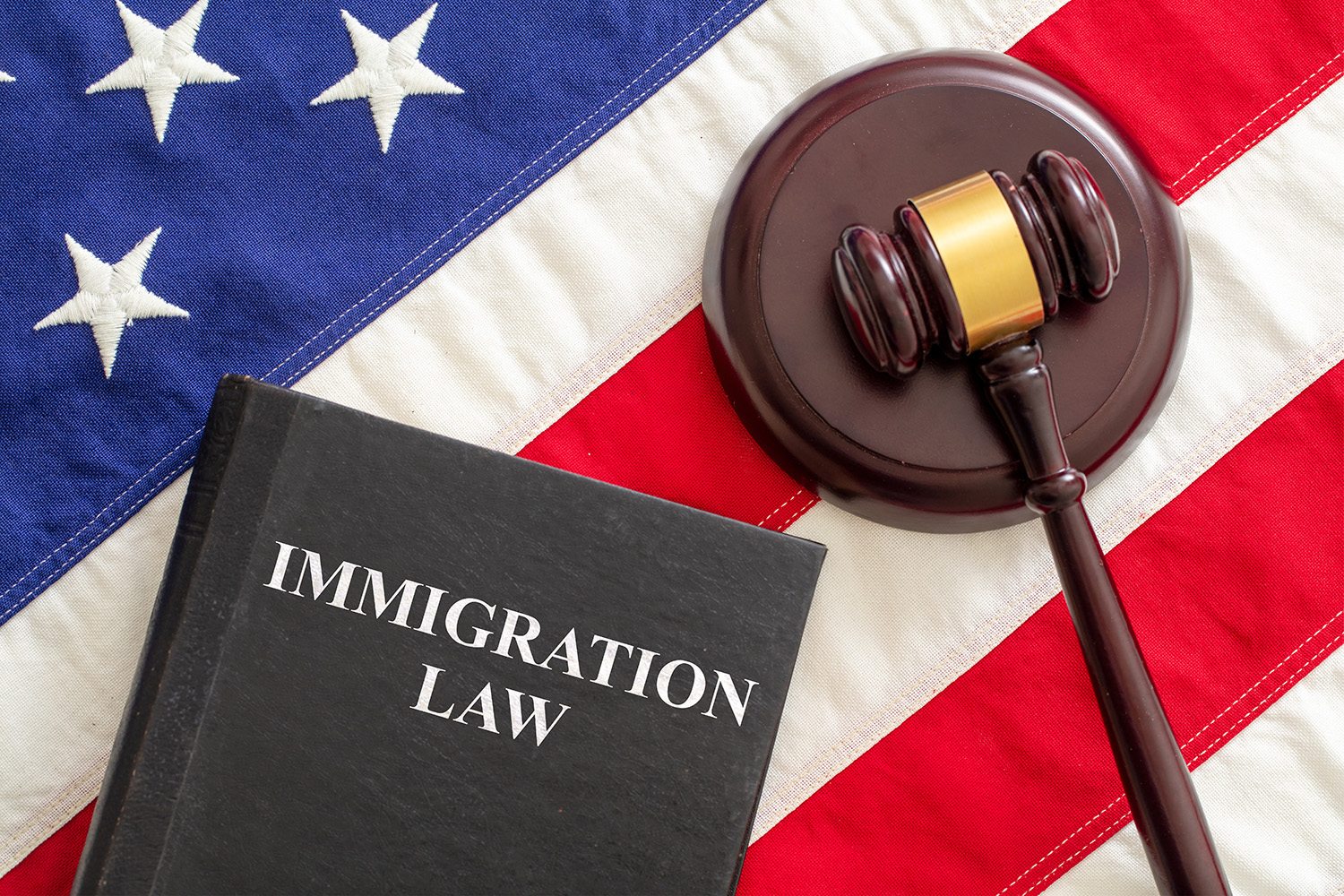As immigration applications continue to be subject to a seemingly always-increasing level of scrutiny, and as approval rates have declined, someone considering whether to apply for an immigration benefit (and invest not-insignificant sums in the application) should consider the question of how much discretion an individual examiner has to deny applications that meet all of the legal requirements for approvability.
USCIS recently released an update to its Policy Manual in which it sought to consolidate guidance on the use of discretion.[1] It added a chapter to Volume 1 General Policies and Procedures and a chapter to Volume 10, which dealt specifically with employment authorization applications.[2] These sections seek to define when and how discretion may be used, indicating that “discretion is defined as the ability or power to exercise sound judgment in decision-making.”
The Policy Manual instructs USCIS agents to follow a three step process when adjudicating requests that allow for a discretionary analysis. The first step is fact finding, which includes gathering all credible evidence related to a requestor’s eligibility for the benefit sought. After gathering all the relevant facts and evidence, the agent is instructed to determine whether the requestor meets the threshold eligibility requirements, or in other words, whether the requestor has proven his or her case legally. Once this is determined, the agent is instructed to conduct a discretionary analysis and weigh any positive or negative factors, in the areas outlined below:
- Family ties in the United States and the closeness of the relationships;
- Any hardship due to an adverse decision;
- The requestor’s value and service to the community;
- The length of the requestor’s lawful residence in the US, including the age the requestor began residing in the US;
- Service in the US armed forces;
- History of employment;
- Property or business ties in the US;
- History of taxes paid;
- Circumstances of any inadmissibility grounds, the seriousness of the violations and whether the applicant is eligible for other forms of relief;
- Likelihood that lawful permanent residence would ensue soon;
- Evidence regarding the requestor’s respect for law and order, good character, and intent to hold family responsibilities (for example, affidavits from family friends and responsible community representatives);
- Criminal history and whether the requestor has rehabilitated and reformed;
- Community service beyond that imposed by the courts;
- Any deportation orders;
- Public safety or national security concerns;
- Moral depravity or criminal tendencies reflected by a single serious crime or an ongoing criminal record;
- Findings of juvenile delinquency;
- Compliance with immigration laws;
- Previous instances of fraud or false testimony in dealings with USCIS;
- Marriage to a US person for the purpose of circumventing immigration laws; or
- Other indicators of the requestor’s character.
Agents are instructed to look at the totality of the circumstances of each case to determine whether discretion is warranted. When an examiner uses his or her discretion to deny an application, the examiner must include the rationale in the decision, specifying both the positive and negative factors reviewed and how each was weighted. The decision should specify separately both the eligibility requirements and the discretionary ones.
The use of discretion as outlined applies to employment based permanent residence petitions, adjustment of status petitions, asylum petitions, advance parole petitions, applications to extend or change nonimmigrant status, and waivers of inadmissibility, among others.
If you have any questions about this or if you would like for us to review your immigration case, please contact us.
[1] USCIS Policy Alert “Applying Discretion in USCIS Adjudications” (PA-2020-10) July 15, 2020, https://www.uscis.gov/sites/default/files/document/policy-manual-updates/20200715-Discretion.pdf.
[2] See 1USCIS-PM E.8 – Chapter 8 – Discretionary Analysis, https://www.uscis.gov/policy-manual/volume-1-part-e-chapter-8, and 10USCIS-PM A.5 – Chapter 5 – Discretion, https://www.uscis.gov/policy-manual/volume-10-part-a-chapter-5.





